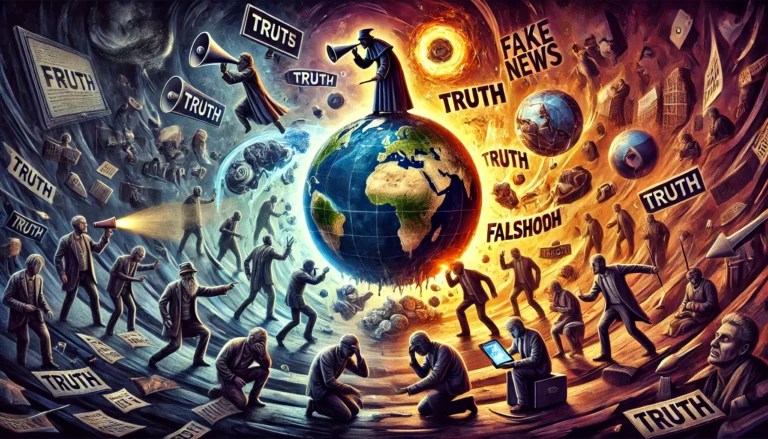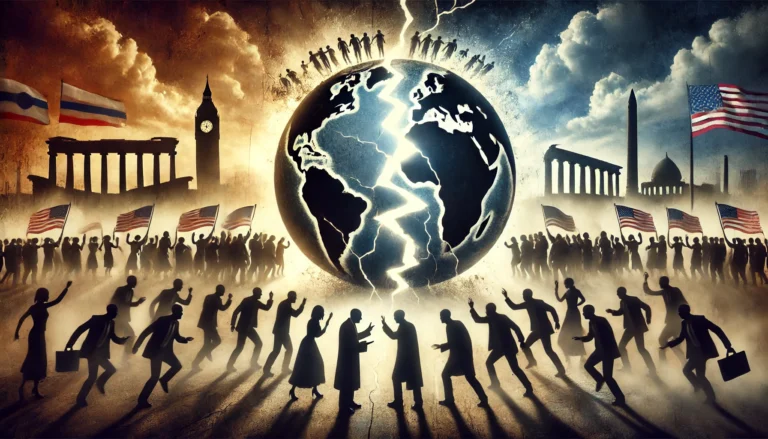The contrast between Winston Churchill and Donald Trump is stark, revealing profound differences in how these two leaders approached power, responsibility, and their respective moments in history. Churchill represented the epitome of resilience and service to his nation, while Trump’s tenure was often marked by personal ambition and chaotic governance.
Leadership
Winston Churchill
Churchill’s leadership was defined by an unyielding commitment to his country and its ideals. During the darkest days of World War II, his courage and eloquence unified Britain, rallying its people to face overwhelming odds. Churchill demonstrated a clear understanding of strategy, history, and diplomacy, which guided his decisions. He built alliances and trusted experts, recognising the limits of his own expertise while shouldering immense responsibility for the survival of Western democracy.
Donald Trump
Trump’s leadership, by contrast, was often chaotic, self-serving, and devoid of strategic coherence. His presidency was marked by an obsession with personal loyalty, often placing sycophants over competent advisors. He seemed more interested in dominating headlines than in governing effectively, using divisive rhetoric to stoke his base while alienating allies at home and abroad. Instead of fostering unity in times of crisis, such as the COVID-19 pandemic, he exacerbated divisions, undermining public trust in institutions for political gain.
Character
Winston Churchill
Churchill was a flawed man, but one who recognised his flaws and sought to rise above them. His intellect, wit, and relentless drive were the tools of a leader who understood the weight of his responsibilities. He was a man who learned from failure, whether on the battlefield or in politics, and used those lessons to become a statesman of unparalleled stature. Churchill’s ability to articulate complex ideas with clarity and purpose showcased a mind deeply engaged with the world.
Donald Trump
Trump’s character often appeared shallow, narcissistic, and petty. He rarely admitted mistakes, instead doubling down on falsehoods or shifting blame. Far from learning from failure, he used denial and bravado to mask his shortcomings. His presidency was characterised by an unrelenting focus on self-promotion, often at the expense of truth and accountability. While Churchill read extensively and wrote prolifically, Trump’s lack of intellectual curiosity and his disdain for expertise set him apart as a leader who governed on impulse rather than understanding.
Substance
Winston Churchill
Churchill’s policies and actions were rooted in a deep understanding of history and geopolitics. His leadership during World War II was not merely reactive but grounded in a vision for a post-war order that valued freedom and stability. He cultivated relationships with allies like Franklin D. Roosevelt, navigating the complexities of diplomacy with skill and foresight. Even his critics acknowledge that his decisions were driven by what he believed to be in the best interest of his country, not personal gain.
Donald Trump
Trump’s substance as a leader was often hollow, relying on spectacle rather than strategy. His policies were erratic and frequently reversed course depending on what suited his immediate political needs. Internationally, his “America First” approach alienated allies and emboldened adversaries, undermining decades of diplomatic progress. Domestically, his focus on self-serving tax cuts for the wealthy and performative culture wars exposed a lack of concern for long-term national wellbeing. While Churchill built lasting legacies, Trump left behind a trail of dysfunction and division, often prioritising his image over substantive progress.
Legacy
Winston Churchill
Churchill’s legacy is monumental, standing as a symbol of courage and leadership in the face of existential threats. His unrelenting resolve during World War II not only saved Britain but played a pivotal role in the survival of democracy worldwide. Churchill’s speeches, filled with literary and historical gravitas, remain some of the most quoted in history. His foresight in envisioning a post-war alliance, including the establishment of the United Nations, demonstrated his ability to think beyond immediate crises. However, his legacy is not without controversy: his imperialist views and policies, including his handling of the Bengal famine, continue to attract criticism. Despite these flaws, his contributions to global stability and freedom remain unmatched.
Donald Trump
Trump’s legacy is polarising, defined more by division than unity. While his supporters praise his populist rhetoric, reshaping of the judiciary, and deregulation efforts, his presidency is widely critiqued for fostering mistrust in democratic institutions and amplifying political extremism. His refusal to accept electoral defeat in 2020 and the subsequent Capitol insurrection mark an unprecedented low in the modern history of American leadership. Trump’s impact on international relations was similarly damaging; his disdain for alliances like NATO weakened global trust in the U.S. as a reliable partner. His presidency’s long-term legacy may be the normalisation of disinformation and the erosion of norms that once underpinned democratic governance.
Six Key Contrasts in Legacy:
Enduring Reputation vs. Scandal-Plagued Tenure
Churchill, despite his flaws, is remembered as a statesman of extraordinary calibre. Trump’s presidency is overshadowed by controversies, impeachments, and the lasting stain of his conduct during the 2020 election aftermath.
World Impact vs. National Divisiveness
Churchill’s decisions shaped the global order for decades, helping secure peace in Europe after World War II. Trump’s tenure, however, left the U.S. increasingly isolated, with a diminished role on the world stage and fractured alliances.
Rhetorical Excellence vs. Crass Communication
Churchill’s speeches inspired a generation to endure unimaginable hardships with dignity and hope. Trump’s rhetoric, often divisive and incendiary, served to inflame tensions rather than unite.
Reinforcement of Institutions vs. Institutional Undermining
Churchill worked through existing systems, strengthening democratic institutions even as they were under threat. Trump frequently undermined institutions, spreading distrust in the judiciary, the press, and electoral processes.
Unity in Crisis vs. Exploiting Division
Churchill’s leadership brought together disparate political factions to create a united front against a common enemy. Trump capitalised on societal divisions, deepening partisan rifts for personal political gain.
Vision for the Future vs. Focus on the Present
Churchill’s legacy includes the vision of a united Europe and partnerships like the United Nations. Trump’s policies were often short-sighted, designed for immediate political or personal advantage without long-term strategy.
The comparison between these two men is not just one of style or circumstance but of character and purpose. Churchill rose to meet the defining challenges of his time, cementing his legacy as a leader who put his country before himself. Trump, by contrast, treated the presidency as an extension of his personal brand, a platform for self-aggrandisement rather than service to the nation. Where Churchill offered vision and sacrifice, Trump delivered spectacle and grievance, leaving his country fractured and its global standing diminished.


